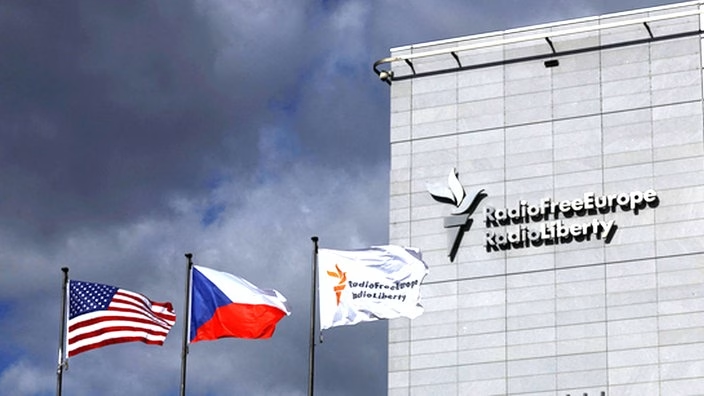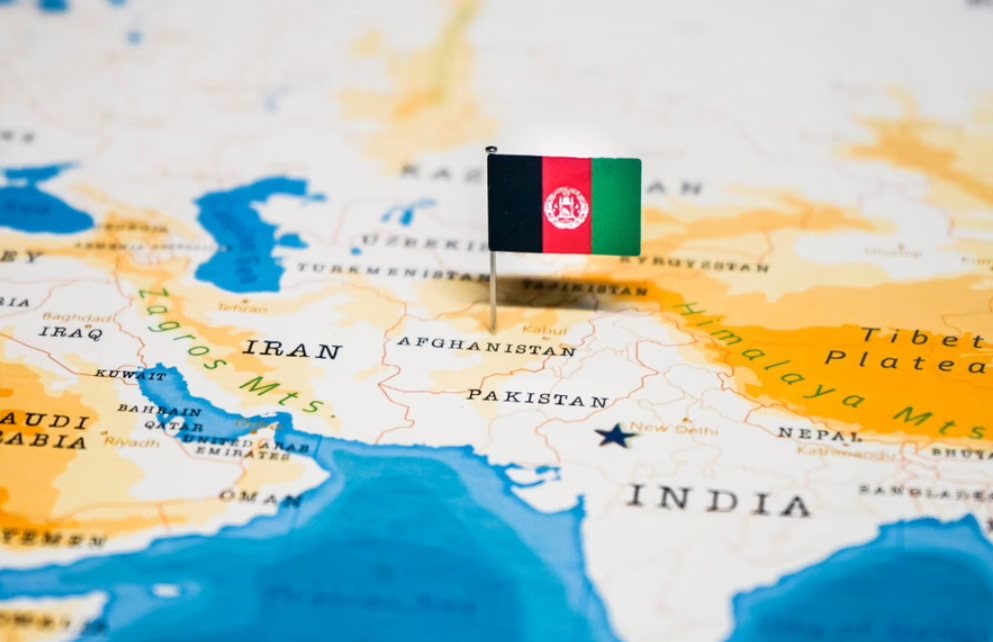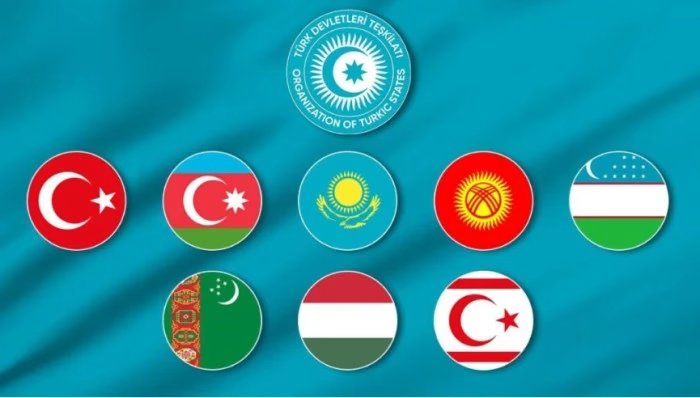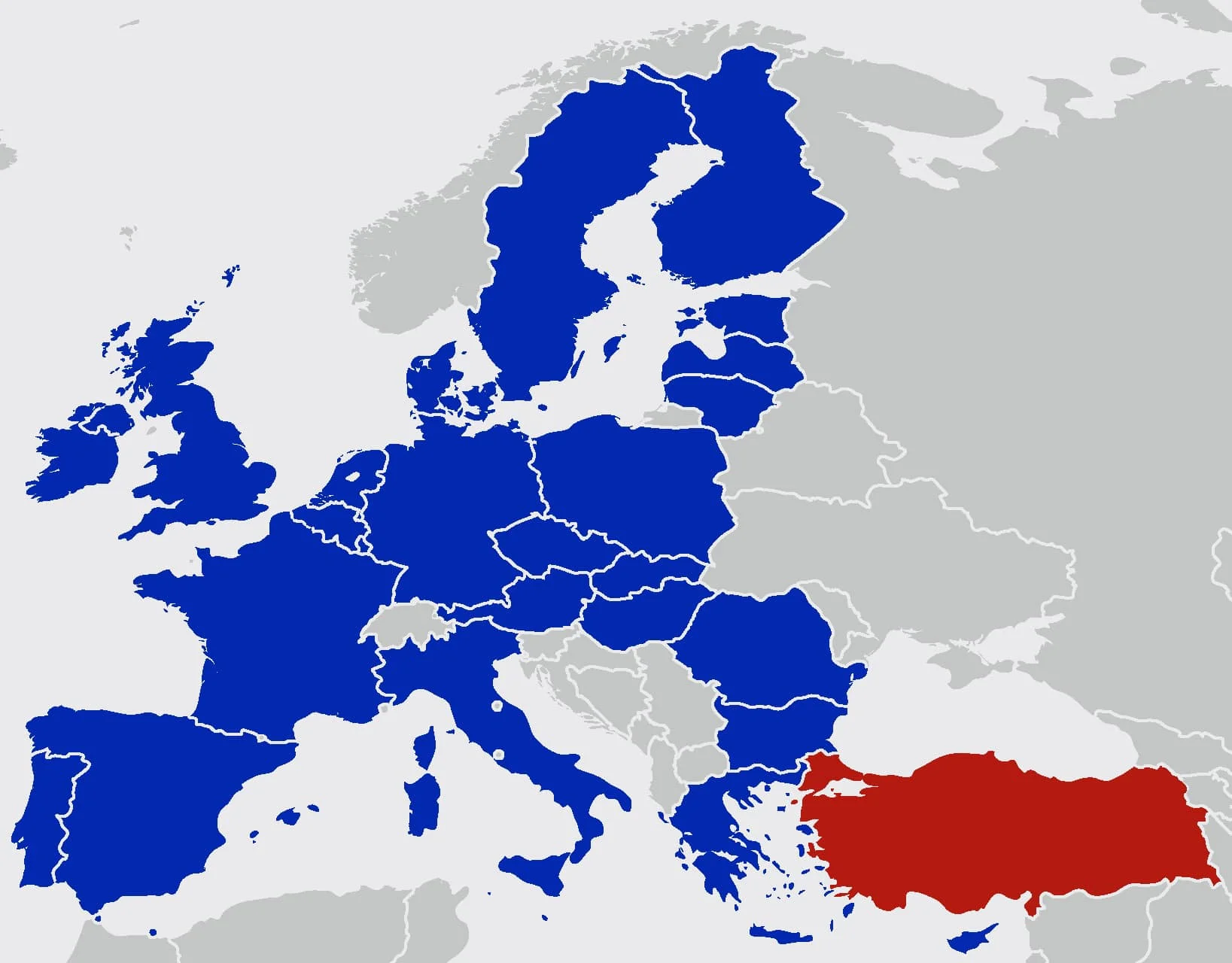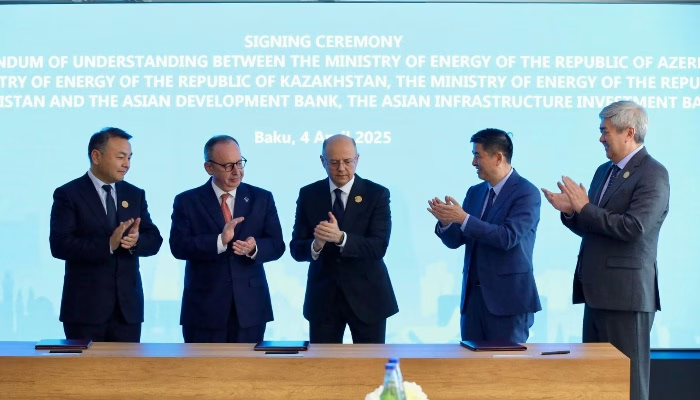
Kazakhstan, together with Uzbekistan and Azerbaijan, is starting work on a large-scale project to build a green energy transmission line across the Caspian Sea to the European Union market, said Kazakh President Kassym-Jomart Tokayev, speaking at the EU-Central Asia summit, noted that his country remains a reliable supplier of hydrocarbons to Europe.
“Our country accounts for approximately 13% of all EU oil imports, most of which goes through the Caspian Pipeline Consortium (CPC). We highly appreciate the EU’s support, which is aimed at ensuring the stable and long-term functioning of this consortium, while developing alternative routes for transporting raw materials,” Tokayev noted.
He emphasized that Kazakhstan is implementing important projects in renewable energy and environmentally friendly fuels, increasing wind and solar energy capacity.
According to the Kazakh leader, the country produces 19 of the 34 types of raw materials needed by the EU economy, including uranium, titanium, copper, lithium, cobalt, tungsten, and others.
“As part of the agreement with the EBRD, we are also involved in implementing joint geological exploration projects and introducing advanced and sustainable practices in the mining industry. Kazakhstan plays a significant role in clean energy production and provides approximately 40% of global nuclear fuel supplies,” Tokayev noted.
Thus, Kazakhstan, Azerbaijan, and Uzbekistan are launching a major project to supply green energy to Europe via the Caspian-Black Sea-EU corridor.
For your information, the Memorandum of Understanding between the Ministries of Energy of Azerbaijan, Kazakhstan and Uzbekistan, the Asian Development Bank and the Asian Infrastructure Investment Bank was signed in Baku at the 11th Ministerial Meeting of the Southern Gas Corridor Advisory Council and the 3rd Ministerial Meeting of the Green Energy Advisory Council. This memorandum envisages cooperation between Azerbaijan, Kazakhstan and Uzbekistan in support of the first stage of the feasibility study of the Caspian Green Energy Corridor project.
Reminder, Caspian-Black Sea transport route, which includes Romania, Georgia, Azerbaijan and Turkmenistan, It will bring significant benefits to the region. This route enhances trade between Europe and Asia, facilitating the movement of goods between the Black Sea and the Caspian Sea through a combination of sea, rail and road transport. The expected reduction in transportation costs and delivery times will make the corridor more efficient and economical. Black Caspian Sea The initiation of the international sea transport route took place in 2018. On October 24-25, 2018, the Caspian Sea Black Sea An expert meeting was held on the maritime transport corridor, in which representatives of the mentioned countries participated.
In March 2019, The Foreign Ministers of Georgia, Romania, Azerbaijan and Turkmenistan The Bucharest Declaration on the development of the Caspian Sea-Black Sea transport corridor was signed.

